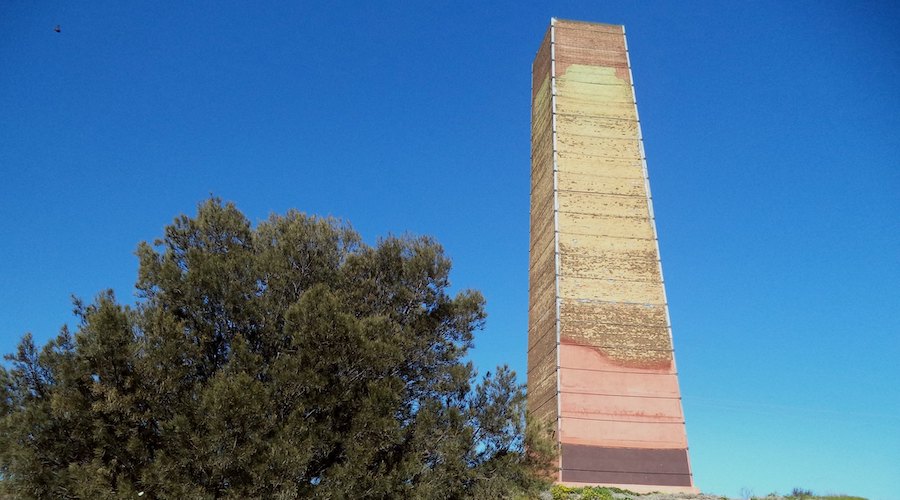China smelters cut Q1 copper guidance price as supply outlook tightens

China’s top copper smelters lowered their first-quarter guidance for copper concentrate processing treatment and refining charges (TC/RCs) as mine closures and disruptions tightened the supply outlook.
The rates, decided at a meeting of the China Smelters Purchase Team (CSPT) held on Thursday, were $80 per metric ton and 8 cents per pound, three sources with knowledge of the matter said.
The first-quarter guidance was down 16% from fourth-quarter guidance of $95 per ton and 9.5 cents per pound, a six-year high.
The rate is the lowest since the third quarter 2022 and the same as the 2024 annual benchmark of $80 per ton/8 cents per pound settled by leading Chinese smelters and global miners earlier this month.
Miners pay TC/RCs to smelters to process copper concentrate into refined metal, offsetting the cost of the ore. The charges tend to fall when supply tightens and rise when more concentrate is available.
The supply outlook for copper concentrate next year turned tight after Panama ordered the closure of First Quantum’s Cobre mine and Anglo American lowered its copper production guidance for 2024.
As a result, the global copper ore and concentrate market will be in deficit by around 170,000 tons in 2024, according to research house CRU’s latest forecast.
CRU expects the Cobre mine, which accounts for 1.9% of global supply, to remain shut until May.
China is heavily dependent on overseas raw material supplies, and ore demand has risen as domestic smelters have ramped up production to record-high output levels this year.
Total copper ore and concentrate imports grew 8.4% year-on-year to 25.07 million tons for the January-to-November period, customs data showed.
It imported 629,773 tons from Panama in the first 11 months this year, customs data showed.
Spot TCs assessed on Friday by Shanghai Metals Market fell below $68 per ton as a result of tightened supply.
(By Siyi Liu and Mei Mei Chu; Editing by Tom Hogue and Sonali Paul)
{{ commodity.name }}
{{ post.title }}
{{ post.date }}




Comments